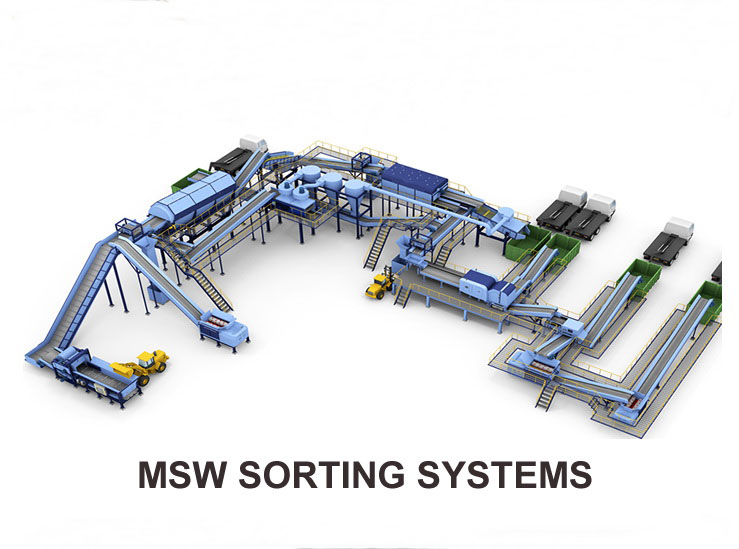

វិច្ឆិកា . 12, 2024 19:27 Back to list
Electronic Rubbish Collection Addressing the Growing E-Waste Challenge
In our modern world, the rapid advancement of technology is both a boon and a bane. The electronic devices that have transformed our lives—smartphones, laptops, tablets, and various gadgets—inevitably contribute to a growing problem known as electronic waste, or e-waste. The increasing amount of discarded electronics poses a significant challenge to both our environment and public health. Therefore, the importance of an organized electronic rubbish collection system cannot be overstated.
Every year, millions of tons of e-waste are generated globally. The International Telecommunication Union (ITU) reported that in 2019 alone, the world produced approximately 53.6 million metric tons of e-waste, a figure expected to rise as the demand for new technology continues to escalate. Unfortunately, only a small fraction of this waste is properly recycled. The rest ends up in landfills or is incinerated, contributing to pollution and environmental degradation. The toxic materials found in electronic devices, such as lead, mercury, and cadmium, can seep into soil and water, creating long-lasting damage to ecosystems and posing serious health risks to humans.
To mitigate this problem, the establishment of efficient electronic rubbish collection systems is essential. Communities must develop convenient and accessible e-waste collection points where individuals can safely dispose of their outdated electronics. These collection points can be set up in public areas, such as schools, shopping centers, and local government buildings. Additionally, organizing community collection events, such as “E-Waste Recycling Days,” can encourage residents to declutter their homes of unwanted electronics while raising awareness about the importance of responsible disposal.

Governments and private sectors also play a crucial role in promoting e-waste management solutions. Policies that mandate the proper disposal of electronic waste and systems that incentivize recycling can significantly improve participation rates. For example, implementing deposit-refund schemes, where consumers are encouraged to return their devices for a refund, can motivate individuals to recycle rather than throw away their electronics. Moreover, manufacturers could be held responsible for the e-waste their products generate, pushing them to create more sustainable designs and participate in take-back programs.
Education is another key component in the fight against e-waste. Raising awareness about the issues surrounding electronic waste and the importance of recycling can empower consumers to make informed choices. Educational initiatives can be implemented in schools, workplaces, and community organizations to teach individuals about the significance of proper e-waste disposal and recycling benefits. As people become more conscious of their consumption patterns and the environmental impact of their devices, they can contribute to a significant reduction in e-waste generation.
Innovative recycling technologies are also emerging to help tackle the e-waste crisis. Advanced methods that efficiently recover precious metals and recyclable materials from discarded electronics are being developed. These technologies not only reduce the volume of waste but also recover valuable resources, which can be reused in the production of new devices. Encouraging investment in research and development for e-waste recycling technologies can pave the way for a more sustainable future.
In conclusion, the need for effective electronic rubbish collection is vital to addressing the global e-waste challenge. By establishing convenient collection systems, promoting responsible consumption and disposal practices, and investing in education and recycling technologies, we can mitigate the environmental and health impacts of e-waste. As individuals, communities, and nations work collaboratively, we can pave the way for a cleaner, greener future where technology and sustainability go hand in hand. The future of our planet depends on the actions we take today to manage electronic waste responsibly.
Latest news
Troubleshooting Common Eddy Separator Problems
NewsJul.04,2025
The Role of Metal Recycling Plants in Circular Economy
NewsJul.04,2025
The Impact of Recycling Line Pickers on Waste Management Costs
NewsJul.04,2025
Safety Features Every Metal Shredder Should Have
NewsJul.04,2025
How Industrial Shredders Improve Waste Management Systems
NewsJul.04,2025
How Cable Granulators Contribute to Sustainable Recycling
NewsJul.04,2025